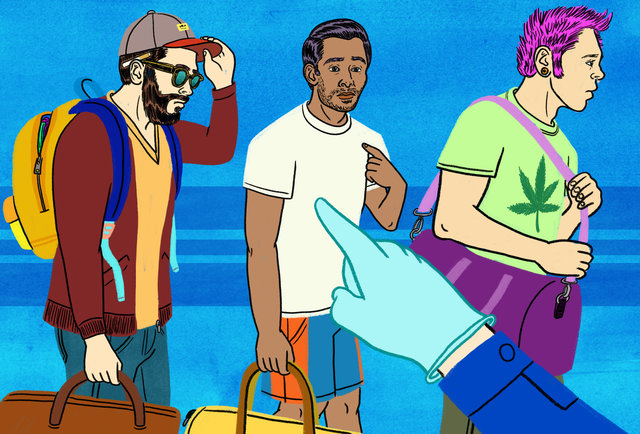Anderson and Lee’s “Crossing Borders of Disciplines and Departments” discusses the ways that 9/11 changed the overall atmosphere and attitude towards immigrants in the United States and beyond. The attitude and behavior towards immigrants who look like “terrorists” negatively affected the immigrant community, especially Muslim Americans and those who looked like them.With the United States intensifying their surveillance and authority over immigrants and immigration policies, the transnational Asian experience has changed for the worse, even after all the anti-immigration policies that have occurred before in the 1990s. The social, political, and epistemological implications of 9/11 globally has forever changed the image of immigrants in the United States towards a more policed, surveilled, and prejudiced state than it ever was before, creating a dangerous and unwelcoming space for immigrants and people of their diasporas. The impacts of 9/11 still lingers in the world today, like the TSA being very strict on items being carried into airports and their racial profiling of people by “randomly searching” people of color. The mass surveillance that the government has put on immigrants, especially those who look to be of religions of Muslim or Sikh, due to lack of education on their end, is still very prevalent today with anti-Muslim sentiments (Handeyside). Blind prejudice and racial profiling still exists today and it seems like there is no stopping it anytime soon.

Photo Source:
https://www.thrillist.com/travel/nation/racial-profiling-tsa-airport-securitySources Cited:
Handeyside, Hugh. “New Documents Show This TSA Program Blamed for Profiling Is Unscientific and Unreliable - But Still It Continues.” American Civil Liberties Union, American Civil Liberties Union, 22 Apr. 2019, www.aclu.org/blog/national-security/discriminatory-profiling/new-documents-show-tsa-program-blamed-profiling.

No comments:
Post a Comment